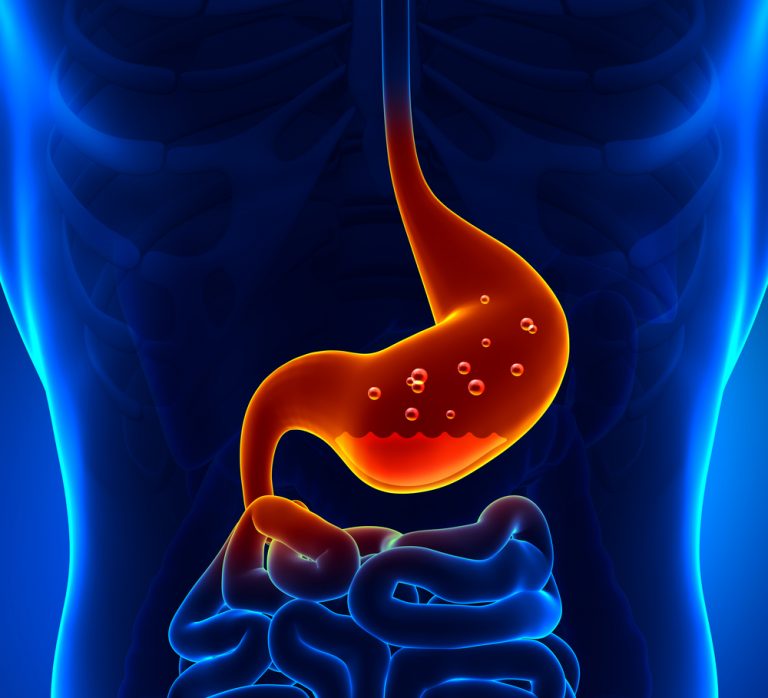

Though hydrogen breath tests can be performed in-office, there are many benefits to administering the test at-home. If hydrogen levels rise to a certain level in the designated time period, it signifies the presence of SIBO. Every 15 -20 minutes, the patient should blow into the tube. After swallowing the sugar, a patient will blow into a tube that measures hydrogen and methane. Immediately prior to testing, a patient will ingest a small amount of test non-absorbable sugar, a substance designed to highlight irregularities in the digestive tract. If so, it signifies that bacteria from the large intestine has moved into the small intestine.īefore testing for SIBO, a patient should refrain from eating for 12 hours. Through proper testing, a patient can determine whether their bacteria is producing more hydrogen and methane than normal. When excess bacteria comes into contact with different foods, hydrogen/methane is produced. We will provide them with an at-home SIBO testing kit, along with instructions and proper procedures for administrating the test.Ī SIBO test works by measuring the amount of hydrogen and methane gases produced in the small intestine.

If a patient would like to test for SIBO, he or she should contact LA Integrative. The process is so simple it can even be performed at home!

By measuring the gases in the small intestine, a hydrogen breath test can determine if a patient is suffering from excess bacteria, and if so, to what extent. The hydrogen breath test is a fast, easy, and non-invasive method for testing for SIBO. Intestinal Breath Test (AKA: Hydrogen Breath Test) If you would like to contact us, please call (310) 289-8000 or email us. LA Gastroenterology & Nutrition is an innovative digestive center that takes a “whole-patient” approach to medicine. At Los Angeles Integrative Gastroenterology & Nutrition, our specialists are experts in diagnosing and treating this condition, and can provide patients with at-home breath tests that can help identify and treat a patient’s bowel symptoms! Once the test has been sent to the specialist laboratory and the results have been assessed by your practitioner, they will see you for a comprehensive appointment to discuss your results in detail and give you a treatment plan to address the identified underlying problems which are causing your health symptoms.Small intestinal bacteria overgrowth, or SIBO for short, is a condition that occurs when otherwise healthy bacteria in the large intestine overgrow into the small intestine, causing bloating, gas, diarrhea, abdominal pain, and more. Breath samples are collected every 20 minutes for 3 hours while performing the test, which can be done in the comfort of your home. These are diffused into the blood stream and exhaled via the breath. The bacteria ferment the testing substance and produce hydrogen and/or methane. Lactulose is not absorbed in the small intestine and therefore it acts as a food source for bacteria, if they are abnormally present, in the small intestine. After a 24 hours preparatory diet, a pleasant-tasting substrate, called lactulose, is swallowed.

SIBO can be tested with a simple, non-invasive breath test. The result is bacteria are allowed to grow and proliferate throughout the small intestine (a little over 6 meters in length). The MMC is not related to the peristaltic waves of the large intestines. The function of the MMC is to wash out accumulated bacteria and propel them toward the colon. This cleansing wave is called the Migrating Motor Complex (MMC), and occurs approximately every 90 minutes, typically between meals. The normal cleansing wave of the small intestine is disrupted, or stopped. The ileocecal valve (which connects the large and the small intestine) is dysfunctional, allowing large intestinal bacteria to migrate upwards into the small intestine, where they wreak havoc. It is estimated that up to 80% of Irritable Bowel Syndrome (IBS) sufferers have SIBO. SIBO is a condition where bacterial overgrowth occurs in the absorptive area of the body the small intestine. Normally, bacteria are found in the trillions in the large intestine, where they perform various symbiotic functions for the human body. SIBO stands for Small Intestinal Bacterial Overgrowth.


 0 kommentar(er)
0 kommentar(er)
